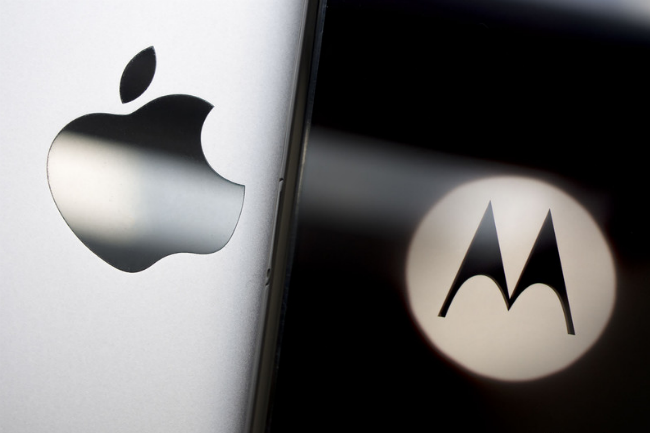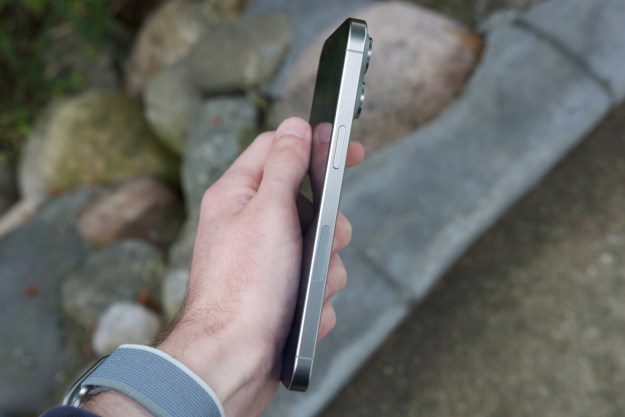
In a joint statement this past Friday, Apple and Google’s Motorola Mobility said they have agreed to settle all patent litigation between the two companies, as reported by Reuters. This comes after Apple was awarded $119.6 million in its patent lawsuit with Samsung, though the company had to pay Samsung $158,400 for patent infringement.
Patent litigation between Apple and Motorola stems back to 2010, when Motorola accused Apple of infringing several patents, which include how cell phones operate on a 3G network. Apple, in turn, accused Motorola of infringing patents to certain iPhone features. When Google acquired Motorola in 2011, it inherited the legal issues. The patent disputes between the two companies were eventually consolidated, with Judge Richard Posner dismissing the case in 2012.
According to the joint statement, Apple and Google agreed to work together “in some areas of patent reform.” While the agreement will settle the various lawsuits in several jurisdictions around the world, it doesn’t include a patent cross-licensing agreement, which is sometimes included in patent settlements.
While Apple also settled with HTC in late 2012, with the settlement including a 10-year cross-licensing agreement, both Apple and Google are still big lawsuit targets. According to California-based legal analytics company Lex Machina, Apple received 59 patent lawsuits in 2013, while Google received 39. While both companies can still hang their hats as tech giants, they are likely to continue receiving patent lawsuits all throughout 2014.
Image courtesy of Android Central
Editors' Recommendations
- Here’s how Apple could change your iPhone forever
- Foldable phone deals: Samsung, Motorola, Google, and more, from $500
- The best Motorola phones in 2024: which one should you buy?
- How to reverse image search on Android or iPhone
- We may have just learned how Apple will compete with ChatGPT


